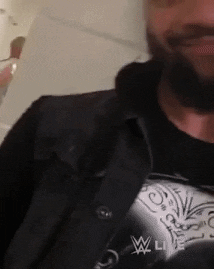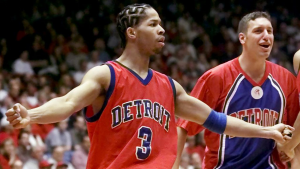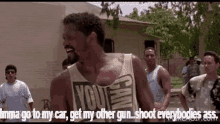The NBA is hearing the renewed calls from small-market executives to overhaul the buyout free-agency system, an insistence that the odds are unfairly weighted against them and that the salary-cap system has been contorted to satisfy the glamour markets' supply of star talent for championship runs.
With
Andre Drummond going to the
Los Angeles Lakers and
Blake Griffin and
LaMarcus Aldridge to the
Brooklyn Nets, there are front-office executives determined to push the commissioner's office to reexamine the process of post-trade-deadline buyouts. If the clear-eyed reality is that these players are simply faded All-Stars released from the back end of expensive contracts, the visual of them flocking to superteam rosters in two marquee markets does cast a chilling impact on the league's collective psyche.
Whatever the front-office objections, the NBA will counter with this data: Over the past 15 years, there are 39 buyout players who averaged two games and 10 minutes per NBA playoff round. Twenty were signed into top-15 markets -- and 19 into the rest. Out of the 13 of 39 players joining teams that advanced to the conference championship, three were signed in top-15 markets. It has always been rare for buyout players to sway playoff destinies and championship chases, but the pursuit of them is forever intensive.
For now, it is unclear how much Aldridge has left in his career. At the end, the Spurs were skeptical. Griffin plays below the rim now but has still shown an ability to impact games with his shooting and passing. The
Cleveland Cavaliers chose center
Jarrett Allen over Drummond, who has made the playoffs twice in his career.
Veteran guard
JJ Redick unloaded on
New Orleans Pelicans executive David Griffin for moving him to the
Dallas Mavericks at the trade deadline -- and
not fulfilling his hope for a trade closer to his family in Brooklyn, or agreeing to a contract buyout that would've allowed him to choose a team. Redick has struggled this season, fighting injuries and shooting a career-low 36.3% on 3-pointers. How Redick, 36, will impact a team this year remains unclear.
In the cases of Griffin and Aldridge, they gave up a combined $20 million to sign for a prorated veteran's minimum with Brooklyn. The Nets had the ability to use larger available exceptions to sign Griffin and Aldridge but never offered them. Historical data shows that buyout players have chased winning situations, not big markets. In some instances, those opportunities collided to become one.
For the first time in two decades, New York has a championship contender: Brooklyn. Los Angeles never imagined it would be in the market for a center, but free agent
Marc Gasol has struggled this season. The most impactful buyout player in the marketplace two years ago --
Enes Kanter -- picked the
Portland Trail Blazers over the Lakers.
Beyond the destinations that players choose in buyouts and free agency, there comes this too: Is this model equitable to teams unable to trade those players for assets prior to the deadline? What frustrates teams is the power of the agents to depress the marketplace on trades for potential buyout candidates. Essentially, powerful agents can discourage prospective trade partners for the primary purpose of getting a post-deadline buyout and the ability to sign in a preferred destination.
From threats of a player shutting down for the season -- or performing infrequently -- to an agent's implied future retribution involving access to his free-agent clients or draft prospects, it's often easier for teams to walk away from trade talks than to take on a player hell-bent on a buyout.
As a way to recapture some control of the process, NBA GMs have discussed pursuit of options including a blind bidding system, similar to how amnesty claims have functioned; a compensatory draft provision that delivers second-round picks from a player's new team to the old one; even moving the buyout market ahead of the trade deadline to make it harder for agents and players to manipulate the process.
The NBA has never brought legislation for the competition committee or the board of governors to vote on, nor made recalibrating the rules on buyout free agency an issue in collective bargaining talks with the National Basketball Players Association. The union will always side on the freedom of movement for players, so it'll stay on the side of status quo -- unless there's something of significance to trade on in CBA talks.
When the NBA and NBPA reconvene ahead of the 2023-2024 CBA renewal talks, the NBA plans to consider wrapping this buyout conversation into broader discussion, sources said. Commissioner Adam Silver's office doesn't see so much of an issue of fairness between big and small markets, but perhaps more a process that it is contradictory to the financial system's goals. The idea of adding an impact player for simply the cash and cap cost of a prorated minimum salary stands somewhat in contradiction to the prohibitive luxury tax costs that are designed to accompany big payrolls.
The NBA does want to find a way to make the buyout pool players available to more teams than just the contenders, sources say, but that's hard to do without significant changes to the process. That'll take the league pushing hard on the NBPA -- with an understanding that its agents and players will want to push back. For all of the difficult CBA discussions ahead on the league's financial system, it'll take more than just front-office executives to drive significant change. Owners will have to take up the cause, and they'll have to make it a priority to change.
For now, anyway, the Brooklyn Nets still have one more available roster spot.









































